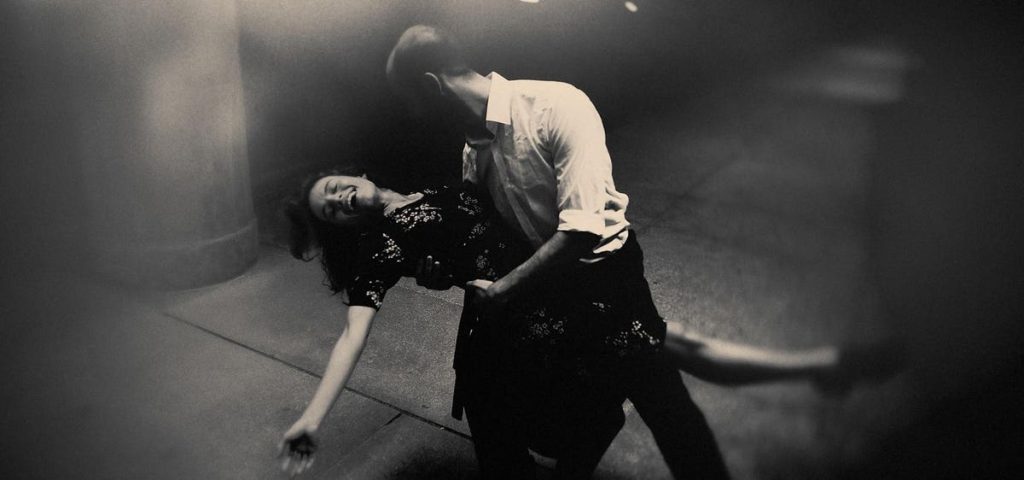Many people are haunted by visions of their past that were never realized. But little compares to the whirlwind romance that never lived up to its promise. People may seek therapy to process their feelings for a past, “unfinished” relationship, tortured by thoughts like:
- “Whenever a relationship of mine fails, I inevitably start replaying my memories with my first crush. How do I tell people I’m still hung up on them?”
- “It’s not like I’m not interested in new people, but I’m never motivated to pursue anything with them. Everything pales in comparison to my ex.”
- “It’s like all my heart wants is to complete a story that started with her, even though she has moved on. Will I always be in this state of longing?”
Thoughts like these are symptomatic of the “the one that got away” syndrome. Overidealizing and obsessing over an unrealized love story from your past can lead you to believe that the person you were meant to spend the rest of your life with is now forever beyond your grasp.
It is not uncommon for someone to be hung up on someone from their past, even long ago — a meaningful relationship can leave a deep and lasting impact on us. However, if you put a certain someone from your past on a pedestal and hold every new romance up to them for comparison, it might be a sign that you are being held hostage by the idea of who they are and what you had.
Here are two reasons why the one getting away was probably a good thing.
1. We Regret The Things We Don’t Go Through With More Than The Ones We Do
Remarkably, the regret one feels when remembering the one that got away usually takes precedent over the bond the two shared or the love they had for each other. In other words, the pain of having lost overpowers that joy of having experienced it anyway.
A 2022 study published in Psychological Science delves into this tendency and explains that people always compare their chosen option to a forgone option, often resulting in regret. The study also highlights that when there is uncertainty, like in matters of love, one usually overestimates the value of an almost-chosen alternative as compared to the chosen one.
The mistake we make here is unfairly comparing something real with something completely imaginary. Add to this the nostalgia filter — which focuses on the good memories you shared and blurs out the unsavory ones — and you’re left with an ideal no one can come close to.
In essence, we value the one that got away because they got away. This begs the question: would we value them as much if they hadn’t?
2. We Are Trying To Live Out A Script A Teenager Wrote For Us
A lot of us form our first definitions of love in our adolescence. Unfortunately, research suggests, not all of these definitions have our best interest at their core. A 2022 study published in the Journal of Couple and Relationship Therapy explains that this might be because our perceptions of love at this age can be informed by faulty “relationship cognitions,” like blind love and sliding into relationships without much thought.
Without timely and effective intervention, we can carry these faulty relationship cognitions well into our adulthood. This could mean that our vision of the one that got away could be that of a transient young romance most people find a way to grow out of anyway.
The reason why we still look back on a long lost lover wistfully is probably because the adolescent in us wants to live out a definition of love that is obsolete for the adult you are now. While you might consciously be able to reason why your yearning for a past relationship does not make any sense, the inner teenager with lofty and untrue notions about love might still be pushing you to pursue the lost cause unconsciously.
Conclusion
We have to be careful about the narratives of love we make up in our heads as they actively influence our current relationships. Looking back at our past with love is natural, but looking back at our past for love leads to trouble.
Read the full article here










